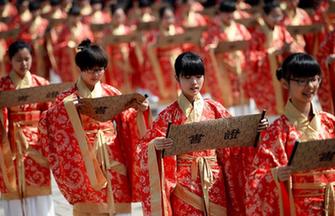In so many words...
By Li Wenfang ( China Daily ) Updated: 2015-05-06 07:35:29
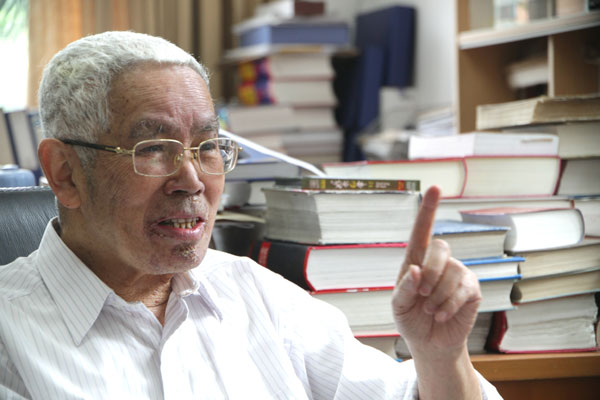 |
|
[Photo by Zou Zhongpin/China Daily] |
In 2008, with 20 percent of the dictionary uncompleted, Huang was diagnosed with lung cancer and had to undergo surgery. Finding it difficult to breathe after his operation, he spent time in rehabilitation before resuming his work.
The cancer returned and spread to his bones in 2012, and the side effects from his treatment again hampered progress on the dictionary.
Some people offered to help, including Huang's daughter, who proposed paying native speakers in France to review unfinished sections.
A doctorial degree candidate and a young teacher later volunteered their time free of charge.
"I've known professor Huang since my days as cultural attache responsible for linguistic and educational cooperation in South China," Rocher says. "As a great scholar in the long Chinese tradition, humble and sincere, full of humanity, he compiled his dictionary with a strong determination and a hardworking attitude."
When the work was published in December, alumni of the university living overseas told Huang that the dictionary could be used to help foreigners learn Chinese, including those at Confucius Institutes.
Cao Deming, president of Shanghai International Studies University, says the dictionary will not only help train French translators to satisfy the needs in Sino-French economic and cultural exchanges, but also facilitate the spread of Chinese culture.
"French and Chinese languages are quite different in their cultural expressions," Rocher says. "Huang's dictionary is a cultural bridge for a better understanding between China and French-speaking countries.
"Knowing that China is going global in Europe and Africa, I have no doubt the Chinese-French dictionary will be a precious tool for better cooperation."
As some people prefer an Internet search to opening a bulky book, the publisher has announced plans to publish a digital version in the near future.
|
|
|
|
|
|


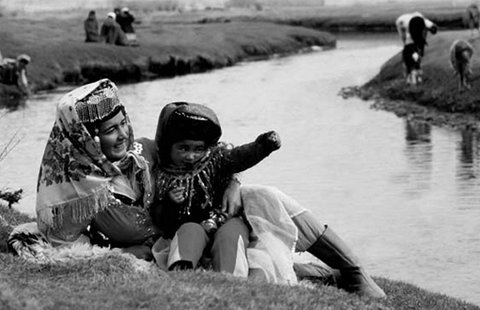
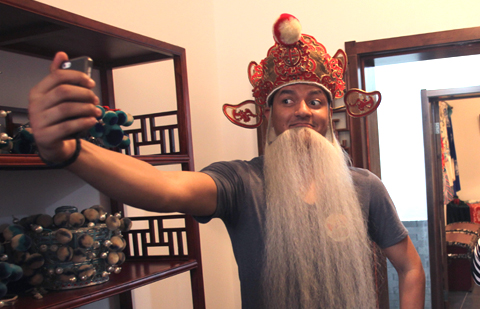
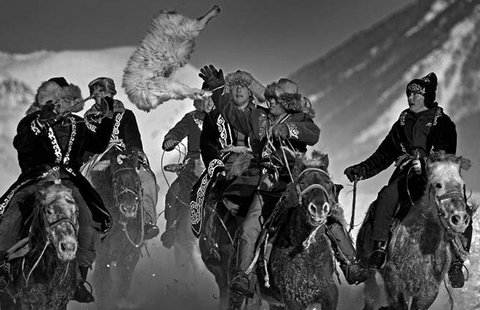

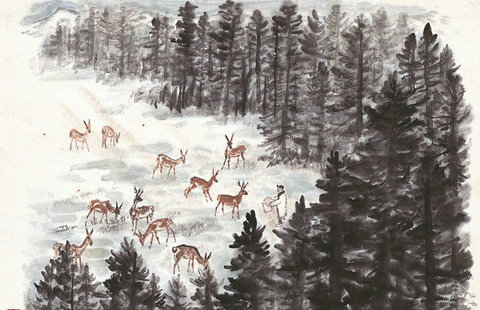
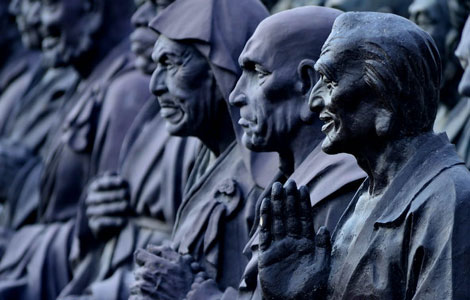
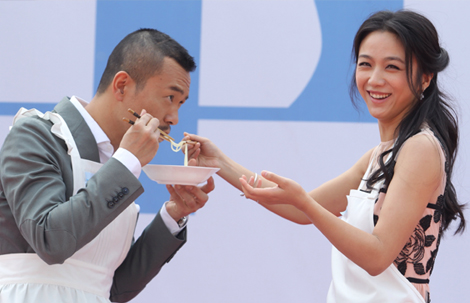



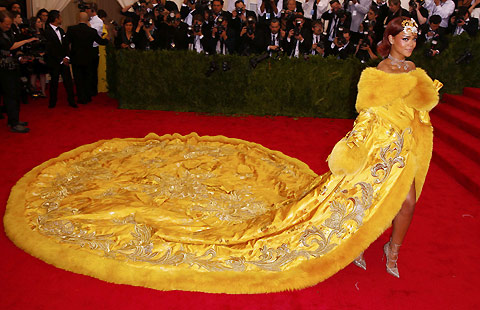


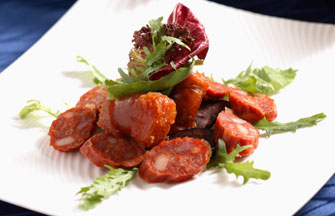


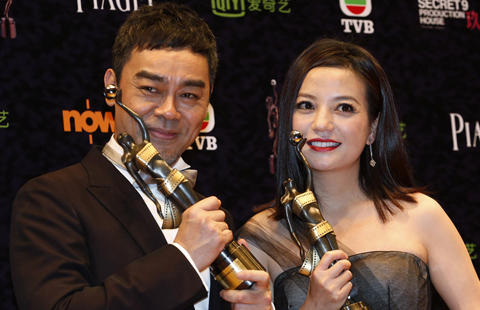

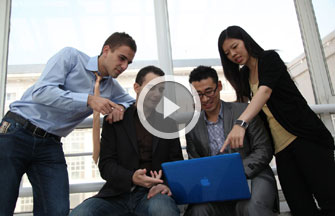
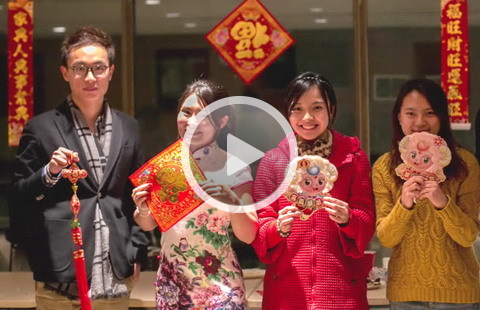

 Raymond Zhou:
Raymond Zhou: Pauline D Loh:
Pauline D Loh: Hot Pot
Hot Pot Eco China
Eco China China Dream
China Dream China Face
China Face



